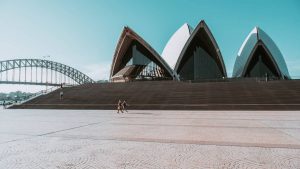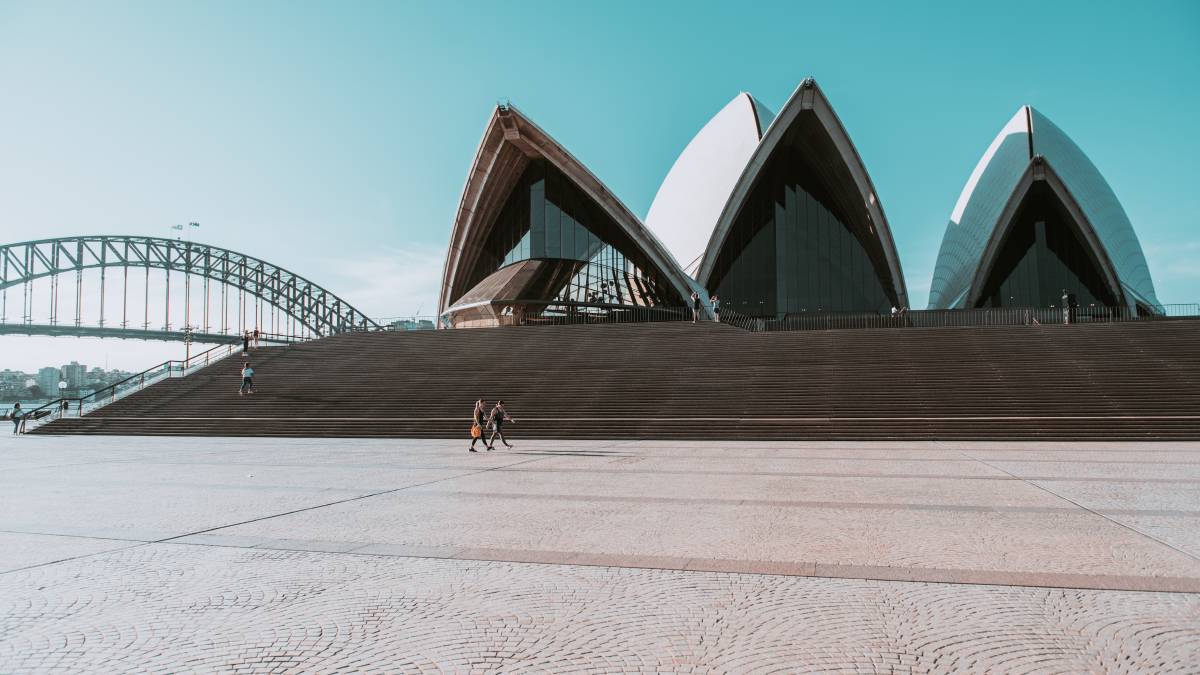
The remarkable thing about the COVID-19 pandemic was not that it happened, but that no country on earth, with the possible exception of Taiwan, was prepared for it. This was despite the fact that medical scientists and public health professionals had been telling us for a long time that a pandemic was on the way.
Severe acute respiratory syndrome (SARS) and Middle East Respiratory Syndrome (MERS) which broke out in the early 2000s, were precursors of what was to come. It was a matter not of “if”, but “when”. Even so, I suspect that the sheer audacity of the new coronavirus, its combination of infectivity and asymptomatic spread, took almost everyone by surprise.
The international context is compelling. Long before humanity has reached the limits of the earth’s material resources of minerals, metals and energy, it is becoming clear that if we keep taking environmental risks in the way we have been, the planet will, as we have seen with climate change and now with the new coronavirus, strike back. It is true that we have more technologies, both scientific and social, for combating disease than ever before. But unless we do something about the level of risk that globalisation generates, we will be fighting a losing battle.
For years, Chinese (and other Asian) bird farms have been the source of annual mutations of the influenza virus (happily, we have vaccines for these). But new viruses can emerge from other animal sources (such as bats), and by definition, these do not behave predictably. As we have seen, with mass tourism and travel, China’s (previously unregulated) wildlife markets have, in effect, reached into the cities, towns and suburbs of just about everyone.
In rebuilding, there will be opportunities for the international community to learn lessons. Some industries (such as ocean cruising) will surely never return in their current form. Putting predominantly elderly people in floating apartment blocks and then disgorging thousands of these folk into the world’s most beautiful cities, was never a sustainable practice. The risk of importing disease along with the tourists will turn even the most enthusiastic host cities against the industry, if it does not deter the prospective travellers themselves.
For Australia, spared the worst ravages of COVID-19 largely through our lower population densities and relative isolation, the future should include strategies to sustain these advantages: modest population growth, more reasonable expectations of living standards, and a more diverse and environmentally aware domestic production portfolio. In particular, Australian agriculture and what remains of Australian manufacturing need thoughtful policies of support.
The chances of this kind of prudent reorientation occurring do not seem high. Internationally, if history is any guide, the economic and social devastation caused by COVID-19 will produce a reset rather than a rethink. Hopefully, the response will not (as it has in the past) include war. But the environment will be the last thing on most people’s minds. Past experience (for example in the aftermath of World War II) suggests that after a crisis, the old system, patched up, but still recognisably the same, gets a huge boost and away it goes again.
There are not many examples of civilisations avoiding disaster by remaking themselves. Once the worst of the viral threat has passed, the largest companies will revive their supply chains, and as demand recovers, most people in the developed world will long to “get back to the way we were” – unhindered movements of goods, capital and people, the US and China trying to out-compete and out-ideologise each other – the full catastrophe.
In practice, even this version of a hopeful agenda is likely to prove too hard. Most Australians would happily settle for a future that looks much like our past. Our role in the global economy will be gratefully reasserted: fueling the re-emergence of China through exports of iron ore and coal. Meanwhile, our cities will continue to devour arable land and places of natural beauty. Science and technology will struggle for support while developers and the property and construction industries remain the acme of our ambition.
A gentler, kinder, less frenetic world? It seems unlikely. We humans are a fractious, feckless lot. We still have not grasped the fact that when our faulty systems crash, it is because we have probably reached the limits. One thing is certain, though. If we do not grasp a practical sustainability, our planet will have harsher lessons still in store for us.

